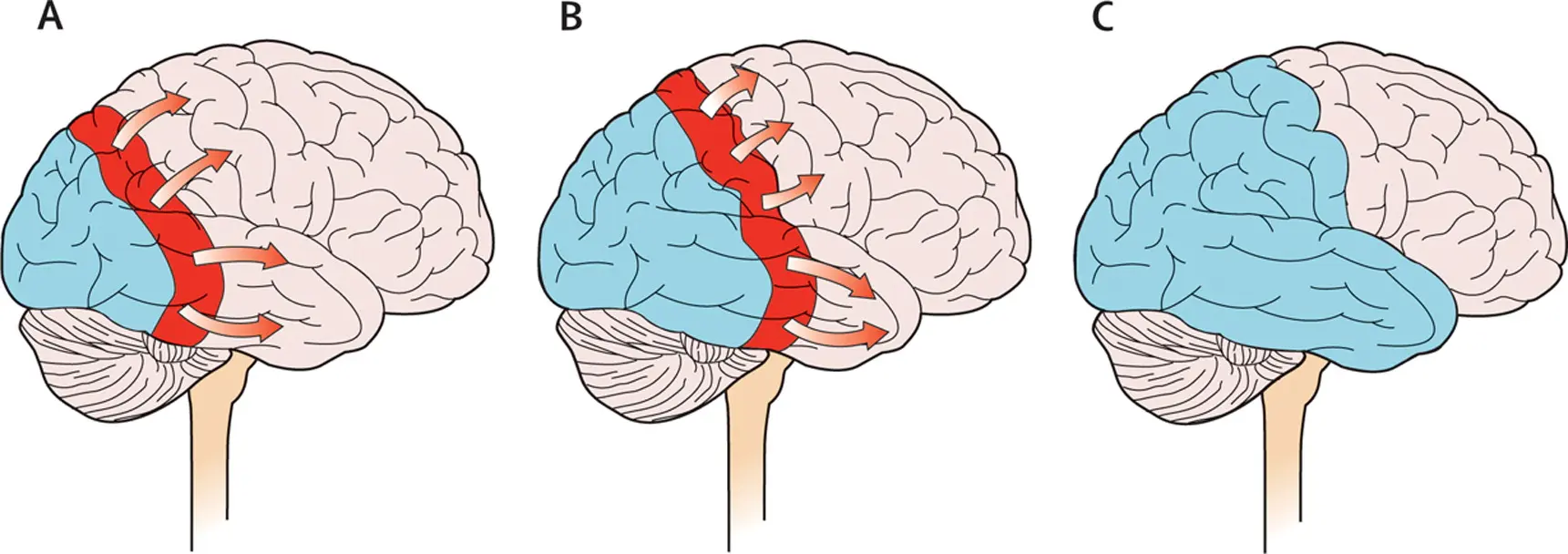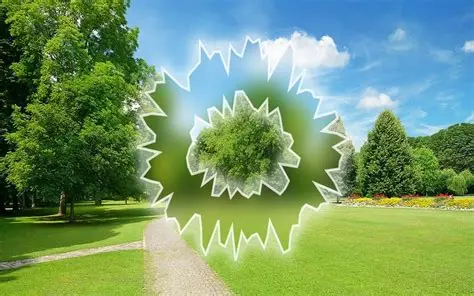Interesting find, apparently protein levels in spinal fluid vary pretty drastically after an aural migraine (where the pain comes after aura).
They say the aura's are a reaction to total neural activity shutdown, but I have never consciously experienced that before an aura. I would expect to have deja vu after such an event

